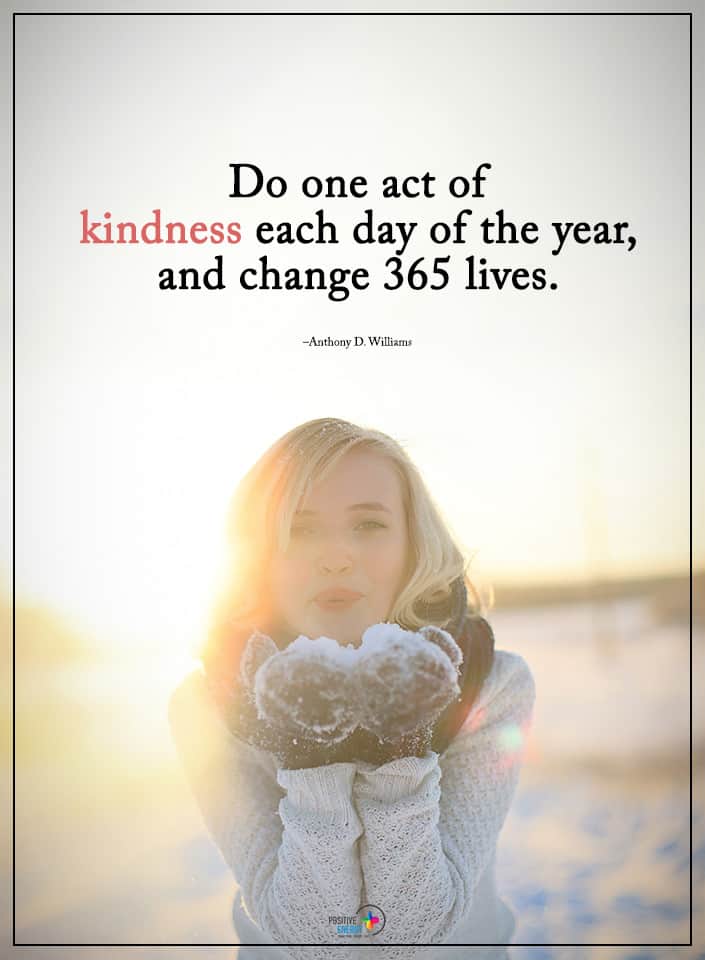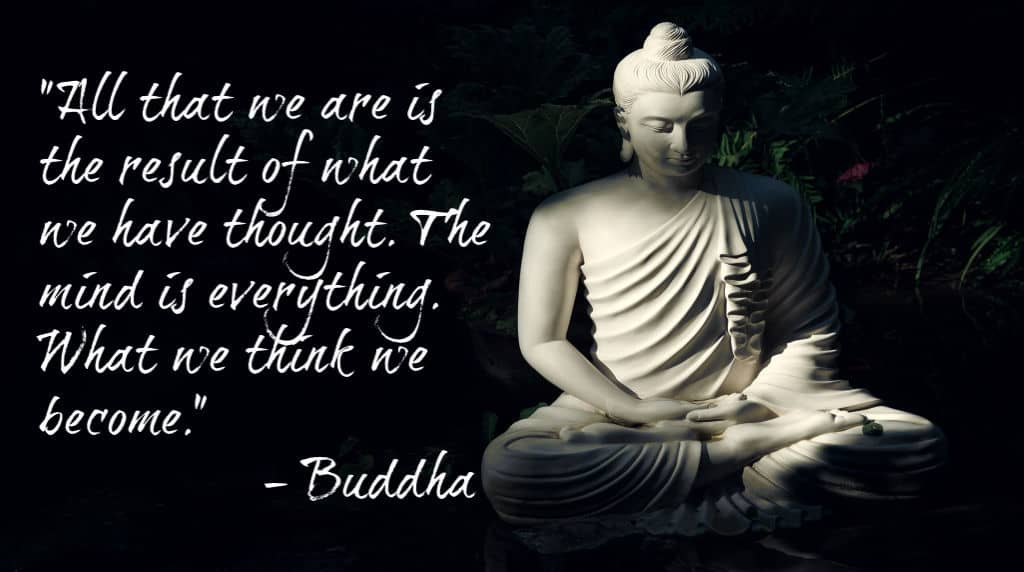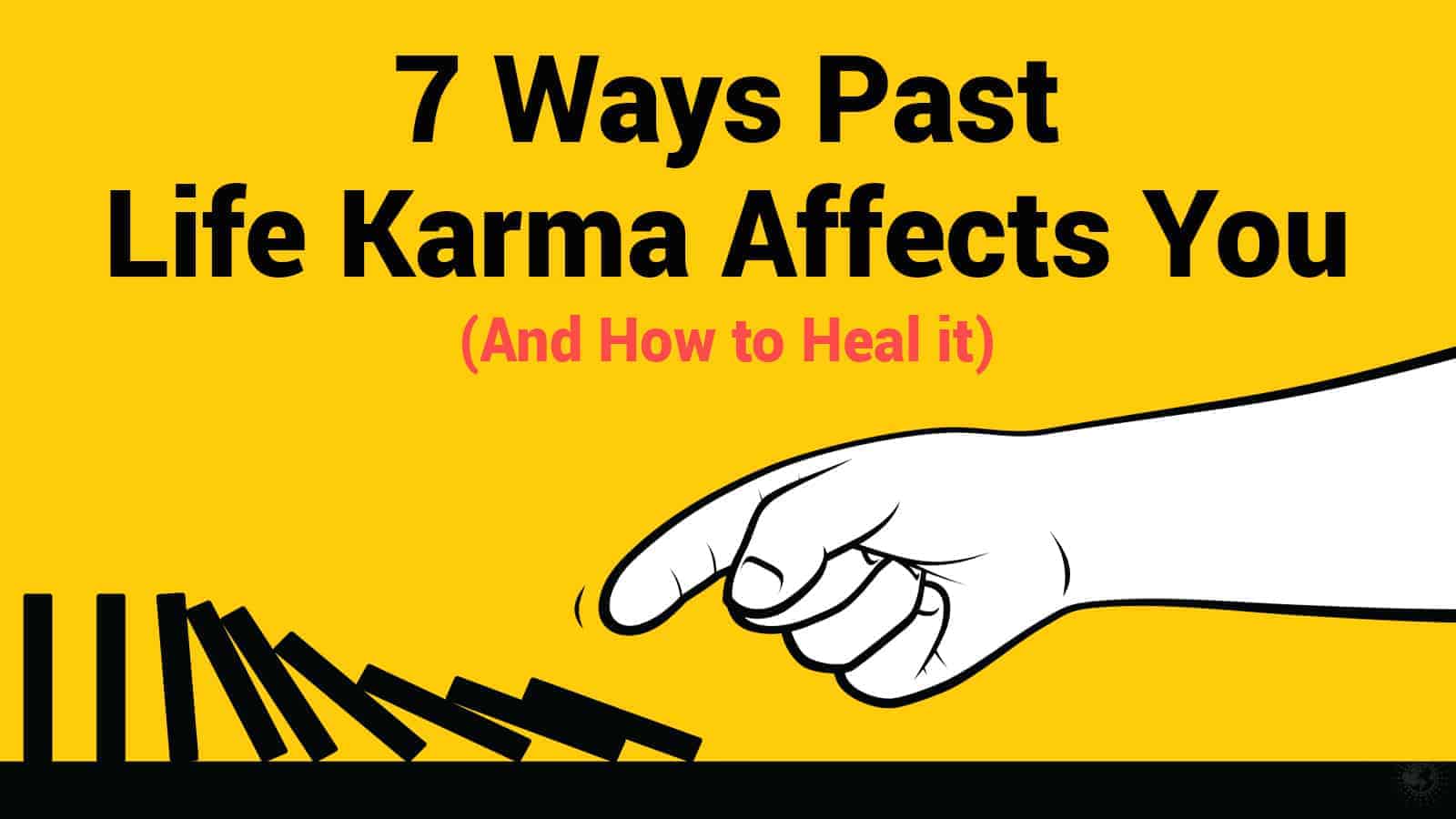In religions such as Buddhism and Hinduism, the concept of karma comes up quite frequently. They believe that our past actions influence situations in our current lives and that we must correct our thinking and behaviors to balance this karma. Also, the steps we take now will affect our lives in the future.
What is karma?
The translation of karma from Sanskrit is action. However, in Buddhism, karma means intention.
Intention, one can assert, is karma. Intending, one does karma by way of body, speech, and intellect. (AN 6.63)
So, the intentions behind our actions matter just as much as our actions. For example, if we give money to a homeless person to look good on social media or for our gratification, the act becomes tainted by bad karma. If we offer without love, these actions may lead to karmic debt in the future.
Having good intentions means acting in such a way that goes along with our core beliefs. We first must establish the expectations that we will live by and then go out and practice them in the real world.
6 Intentions Drive Behaviors
The Buddha listed six intentions that make up the force behind our actions:
- good-will (or kindness)
- compassion
- generosity
- ill-will (or anger)
- cruelty
- greed
As you can see, the first three intentions are direct opposites of the last three. We can all agree that in our world, we have too much bad karma and not enough good karma. Many people act out of anger, cruelty, and greed, which has gotten us to the place we’re in today. However, plenty of good people out there are loving, kind, and generous, bringing some much-needed karmic balance.
 Reversing bad karma from a past life
Reversing bad karma from a past life
Returning to the Buddha quote, we see that karma builds from our actions, thoughts, and speech. If we want to foster good karma, we must pay attention to our predominant thoughts first and foremost. Try this on yourself now. Do you notice your ideas come from a loving place, wishing others and yourself well in life? Or do you feel angry toward yourself and others?
If we want to reverse bad karma, we must pay attention to our thoughts, as everything in existence stems from our thinking. After we correct evil thoughts, our speech will reflect this. Then, this will trickle down to our actions because good thoughts and positive speech can only inevitably lead to a desirable outcome.
For example, if we think about loving humanity and doing deeds that uplift those around us, we will speak kindly toward our family and peers. Our actions will become more selfless and giving as we increase feelings of love and compassion toward others.
Why does karma matter?
If we spread good karma and act in a non-violent, calm manner, we positively build our character. By doing this, we can increase the vibration and frequency of the planet. Positive feelings and intentions usually lead to more of the same, as the law of attraction states. Habits become things. We become what we think about the most, so if we think about love, we will become it.
On the other end of the spectrum, if we think in an angry, lower-vibrational way, our reality will look different based on our intent and actions. We can live in a way where everyone around us matters or where no one except ourselves. We must embrace others as ourselves and learn that only love and a good karma can heal our planet.
This is what Buddha had to say about our thoughts:
Whatever a person frequently thinks and ponders upon becomes the inclination of his mind…If a person’s thinking is frequently imbued with ill-will… his mind is bent by that thinking imbued with ill-will… (MN19)
This is another way of saying that our thoughts become a reality. Whatever we think about most will show up in one form or another in our lives. For example, if we constantly dwell on how little money we have, we will only see a lack of everything around us, including relationships, health, etc. However, if we focus on all the good in our lives and express gratitude daily, more good stuff will show up for us. So, we must focus on having good thoughts so that our natural inclination is to express love and kindness toward ourselves and others.
By thinking positively, we healthily shape our character. We become more loving and kind, which will manifest in our outer reality. Our relationships will improve because we will want to give more than we take. We will want to respond instead of react, love instead of hate, etc.
Of course, paying attention to our minds can seem scary at first. Because most of our thoughts run on autopilot, we may not even know whether our beliefs are detrimental or helpful most of the time. How can we interrupt our endless stream of thoughts and become more mindful? Meditation works wonders in many ways, including in quieting our minds and even rewiring our brains! Many studies have shown the life-changing benefits of meditation, so much so that schools, jails, and employers are utilizing it.
 The Importance of Fixing Your Bad Karma
The Importance of Fixing Your Bad Karma
So, no matter how much of ourselves has been built off thoughts of anger, self-hate, guilt, and shame, we can turn this around and choose more loving, compassionate thoughts instead. Fixing our karma begins with how we treat ourselves, so we must do the inner work to see results in the outer world.
Now that you know all about karma and why it matters so much in your life, let’s go over how past life karma affects you.
7 Ways Karma Impacts Your Life
1. You get what you give.
If you were stingy in a past life, except that in this life, you might feel lacking in certain areas. This means that you need to correct that imbalance by giving more to others because then you can receive far more than you imagine. People who give more feel better, anyway, so you can’t go wrong with opening your heart to others more.
2. It can manifest as painful experiences in childhood.
You may have gone through traumatic experiences in your early childhood, and while no one can prove that past life karma has anything to do with it, it’s worth considering. This isn’t to say that your parents aren’t to blame for their actions, but if you acted similarly in a past life, this could be karma coming back around.
3. Karma is a never-ending process.
If you haven’t confronted past life karma, it will keep manifesting in your life in various ways. If you didn’t learn self-love and acceptance, you might keep attracting partners who don’t love or accept you. You might not think you’re worthy of success or financial abundance, so you keep settling for jobs that feel safe and familiar. In other words, by choosing to ignore repeat patterns, you’re setting yourself up for recycled experiences.
4. Everyone comes into your life for a reason.
Many people in your life have probably crossed your path in previous lives. They all have lessons to teach you, so pay attention to the knowledge and wisdom they share. Your family, friends, and significant others are not coincidences. They are all there due to past life karma, so if you’ve had positive relationships with them for the most part, then you may not have any karma to heal. However, if you’ve had significant challenges with them, there is probably unresolved karmic debt.
5. Roles are often reversed.
In past lives, your mom or dad could’ve been your child. Did you feel you had to parent them from a young age? Perhaps they were children in a past life and didn’t learn their lessons. Whatever dynamic is needed to heal past karma will show up in this life.
6. The circumstances in your life today are because of past incarnations.
Of course, many factors in our current lives influence our situation, but we can also look to our past lives for clues. If we stole in a past life, we’d have things stolen from us. If we were greedy, we might have challenges with money.
7. Past life karma can influence our emotions
For example, if we committed violent acts and caused chaos in the past, this will show up in situations in our current lives. If we were peaceful and loving, perhaps we won’t have much turmoil in this life. Every situation can provide clues into who we were and what we did in our past lives.
 Final thoughts about ways past life karma affects you
Final thoughts about ways past life karma affects you
Karma is taught in religions such as Buddhism and Hinduism to explain how our thoughts and action impact our lives and others. Past life karma can show up in certain situations to teach us a lesson that we didn’t learn in the past. Pay attention to the people and events happening around you; they can serve as valuable clues to unhealed karma.

















